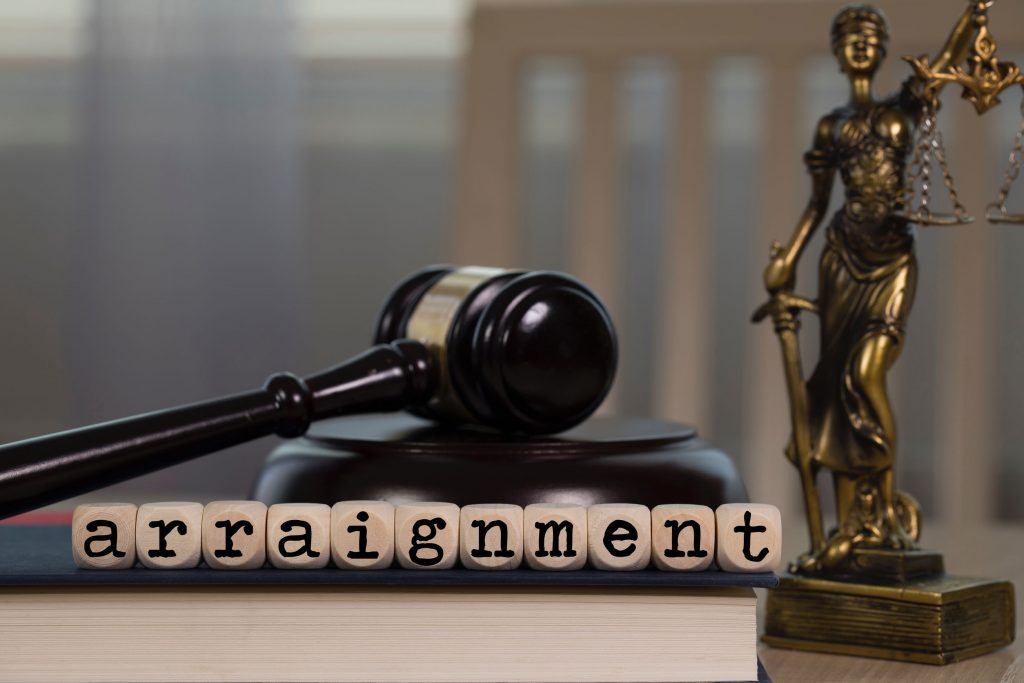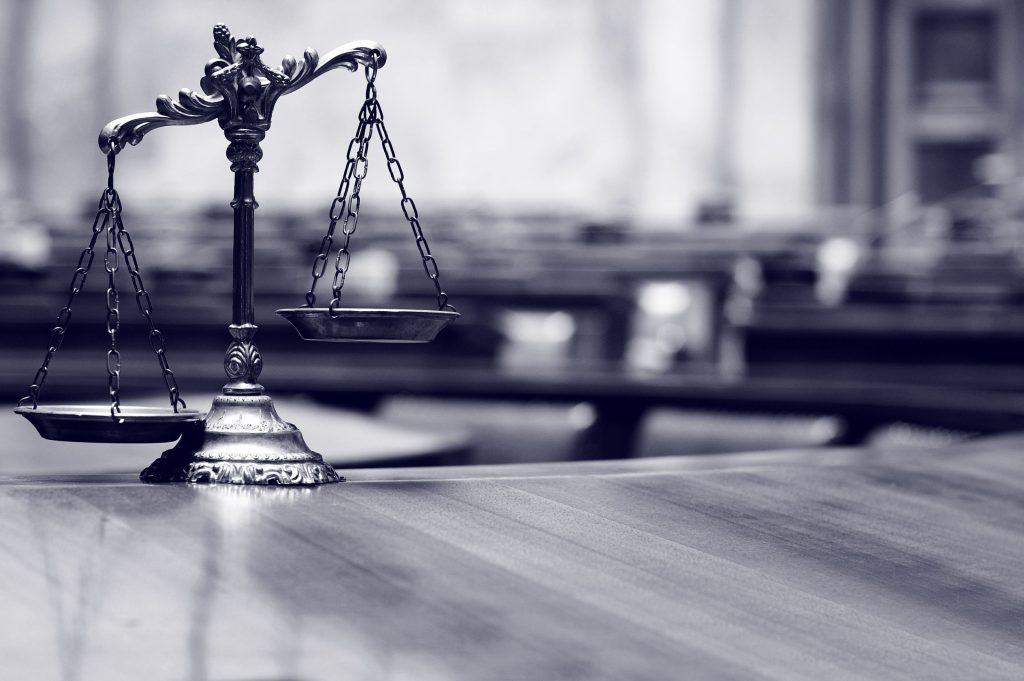After someone is charged with a crime in Arizona, the next step in the criminal justice process is often an arraignment. In simple terms, an arraignment is a hearing during which criminal charges are formally read by the court to the defendant. After charges are read, the defendant or their lawyer has the opportunity to enter a plea.
An arraignment may seem like little more than a formality, but it’s crucial that you understand what to expect during and after a criminal arraignment in Arizona. Find out what you need to know from the criminal defense attorneys at Lerner and Rowe Law Group below.
Misdemeanor Vs. Felony Arraignments
Misdemeanor charges generally denote less serious crimes. Some common examples of misdemeanors in Arizona include most first-time DUI offenses, shoplifting, many domestic violence charges, and drug possession. On the other hand, felony offenses include more serious crimes like murder, sexual assault, burglary, and certain drug offenses.
Depending on your unique circumstances, there may be some differences between what happens at a misdemeanor arraignment hearing and a felony arraignment hearing. If you’re being charged with a misdemeanor and were not taken into police custody, your initial appearance will likely be combined with your arraignment. If you’re being charged with a felony, your arraignment won’t take place until after your preliminary hearing.
What Happens During the Arizona Arraignment Process
It’s important to note that the arraignment process may vary from jurisdiction to jurisdiction. The following information applies to the Arizona arraignment process in Maricopa County. For specific court procedures in your county, you can consult with one of our Arizona criminal defense lawyers.
This process may also vary depending on whether you are already in custody or received a criminal summons and whether you’re scheduled to appear in City Court, Justice Court, or Superior Court. An arraignment must take place within 10 days after the filing of an indictment or direct complaint, unless you have not been arrested or have already negotiated a plea agreement.
You’ll Hear the Exact Charges Against You
A judge will formally read all the crimes you are being charged with. It’s possible that you’ve already heard what some of these charges may be during your initial appearance or preliminary hearing, but the charges read during your arraignment are the official charges for which you’ll stand trial. In addition, the court will explain the possible legal consequences and criminal penalties if you are convicted of said charges. This usually includes a minimum and maximum sentence.
You’ll Be Informed of Your Legal Rights
Once you’ve formally heard the charges against you, the court will also remind you of your legal rights, particularly of your right to legal counsel. If you cannot afford to hire an attorney, the court may appoint a public defender to represent you.
However, it should be noted that to ensure the best possible legal outcome, you should contact an experienced criminal defense attorney prior to your arraignment—preferably at the first sign of any potential legal trouble, such as being detained or arrested, finding out you have a warrant, receiving a summons, etc.
You’ll Be Asked to Enter a Plea
After the charges are read to you, you or your lawyer will be asked to enter a plea. Here, you have three options: you can plead guilty, which means that you are admitting guilt to all the criminal charges and that you have no legal defense for your actions. Sentencing by a judge usually follows unless a prior plea agreement was established. This option is not recommended by our criminal defense attorneys as the accused is presumed innocent until proven guilty beyond a reasonable doubt. The defendant should set the case for further proceedings to allow time to investigate the charges and assess the weight of the state’s evidence before deciding to enter a plea.
You can also plead not guilty, meaning you deny all guilt and fight the charges. Finally, you can plead no contest, which means you’re accepting the consequences of a guilty plea but not admitting any guilt. A no contest plea may be a strategic choice under certain circumstances, as it can prevent the plea from being used against you in a later civil case.
Your Case Will Move Forward
Once you or your lawyer has entered a plea, your criminal case will move forward and you’ll reach the end of the Arizona arraignment process. Several things may happen at this point. If you accepted a plea bargain, pleaded guilty, or pleaded no contest, the next step will be sentencing. If you pleaded not guilty, a pre-trial conference and trial date will be set. In the meantime, the conditions of your release may also be set. You may be released on your own recognizance, to pretrial services, or on bail.
Facing a Criminal Arraignment in Arizona?
If you’ve been detained, arrested, or served a criminal summons, the time to seek legal help is now. Contacting an experienced criminal defense attorney as soon as possible can mean the difference between a conviction that includes prison time and reduced or dropped charges with lesser consequences, such as probation.
At Lerner and Rowe Law Group, your initial consultation is always free and confidential. Our exemplary legal team will promptly review the details of your case at no charge, and with no obligation to hire us.
Contact one of our Arizona offices today 24/7 by calling 602-667-7777 (Phoenix) or 520-620-6200 (Tucson). We offer affordable payment plans to make getting the legal help you need more accessible. You can also connect with us online via LiveChat, or submit your case details for a confidential review by filling out this form.



